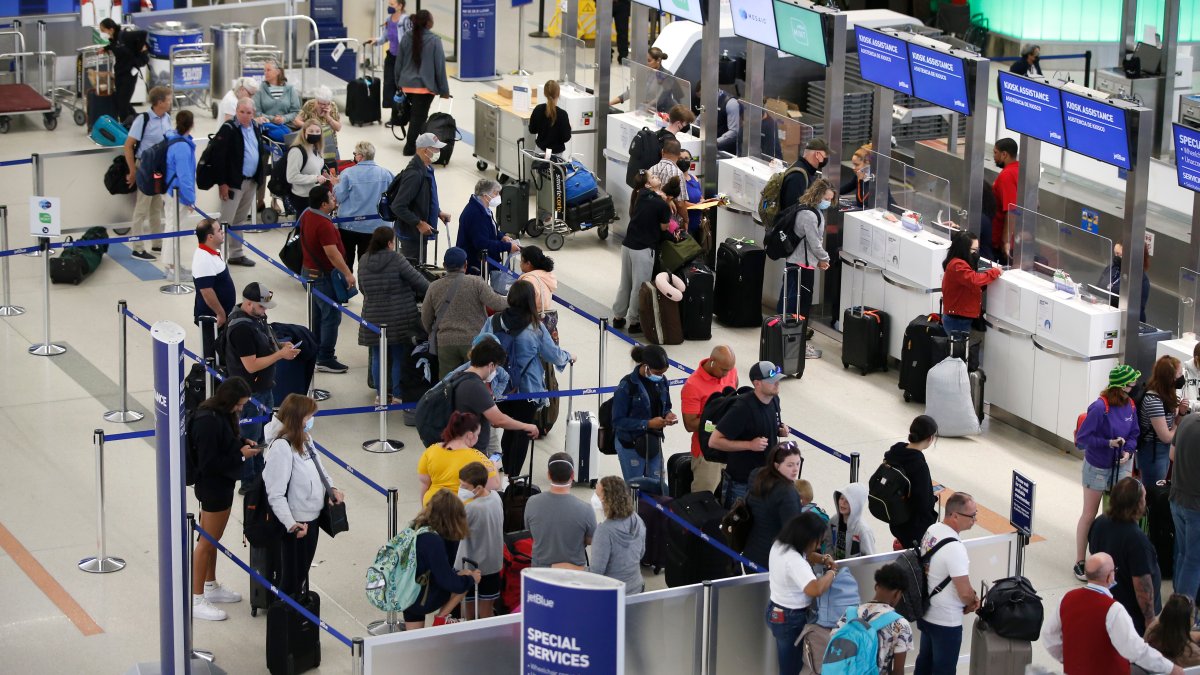Infection
Logan Airport taking steps to stop spread of infectious diseases
Stopping the spread of infectious diseases. That’s what Boston Logan International Airport, and many others across the country, are now taking steps to do.
It’s all in the hopes of preventing a similar scenario to how the coronavirus first spread in the pandemic.
This new effort to ramp up prevention comes at a time when seasonal illnesses, such as the flu and respiratory syncytial virus, or RSV, are starting to return.
Boston Logan is one of four major airports taking these new steps because it’s considered one of the top hubs for international travelers.
So, what exactly is happening? Back in 2021, the U.S. Centers for Disease Control and Prevention implemented the Traveler-based Genomic Surveillance program, or TGS, to help with early detection of new COVID variants.
They did this by voluntary nasal swabbing passengers and by sampling airport wastewater. On Monday, the CDC announced that its expanding that program to monitor more than 30 new viruses and bacteria, including the flu and RSV.
The testing and sampling will begin this winter and last for several months. There is no definitive end date at this time.
The other participating airports are in San Francisco, Washington, and New York.

